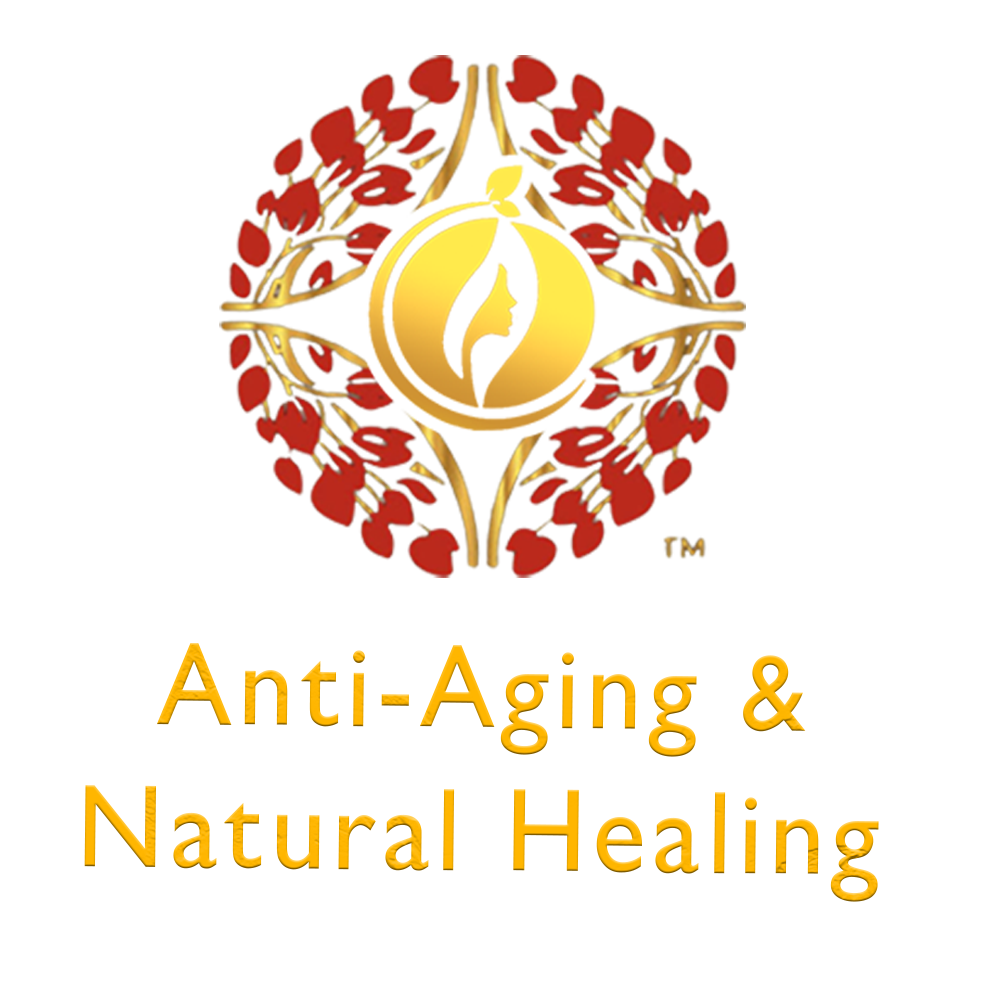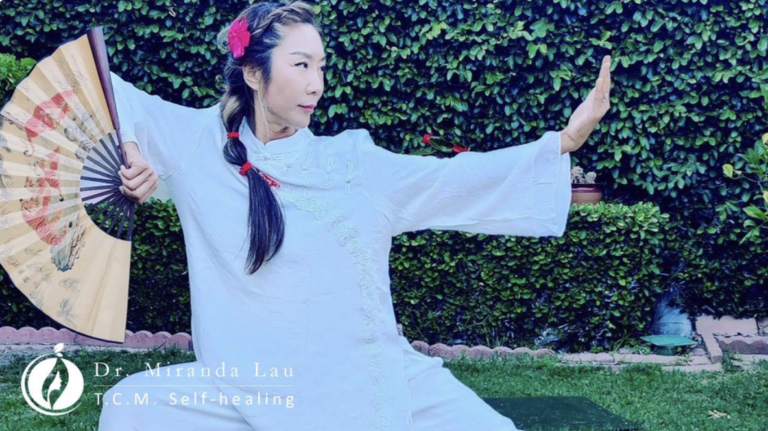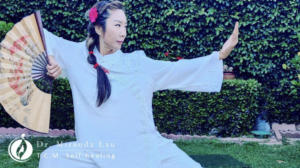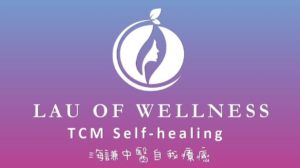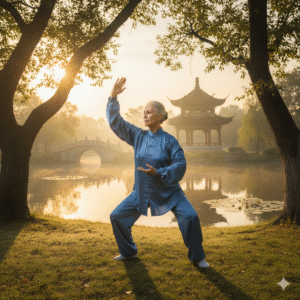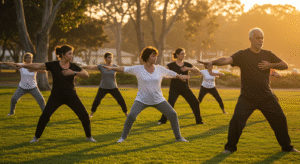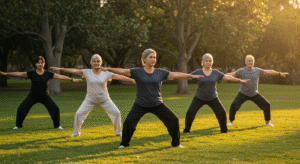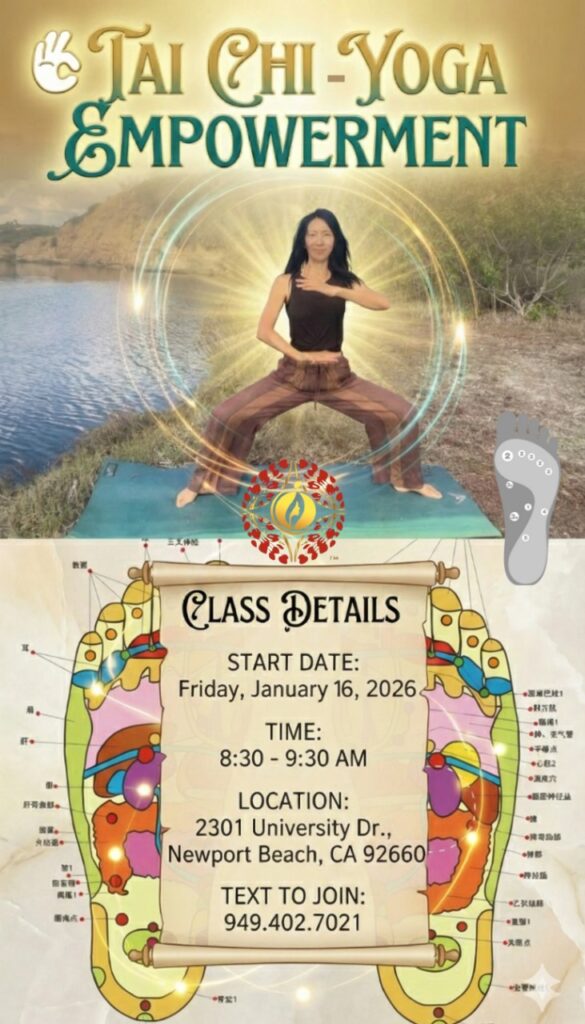Why TaiChi and Qigong for Chronic pain & Illness
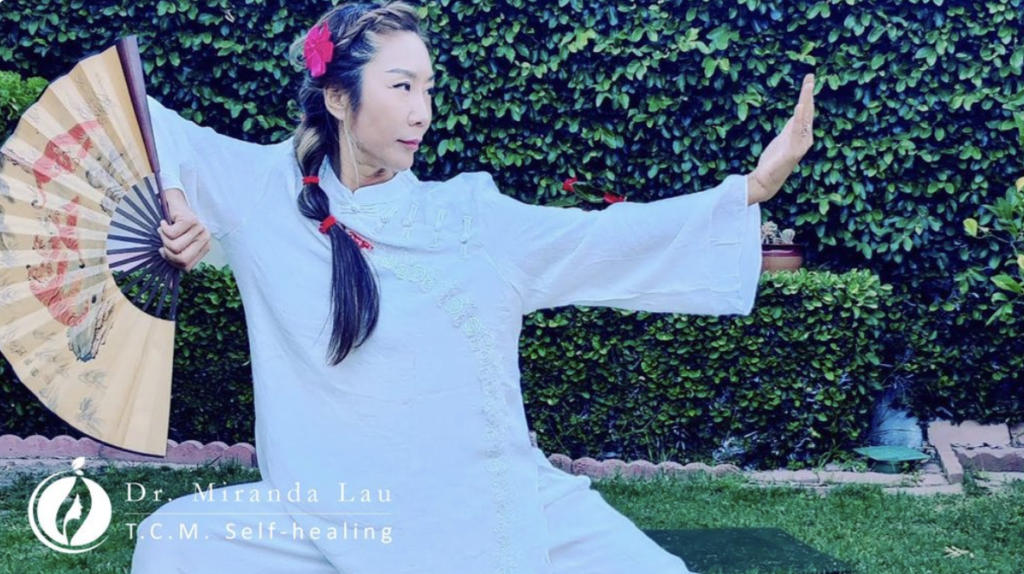
In the current climate, it’s crucial for us to foster community connections to deepen our understanding of Asian/Chinese culture.
As highlighted by Harvard Health Publishing, Tai Chi offers numerous health benefits as a gentle form of exercise. It promotes strength, flexibility, and balance, making it an ideal lifelong activity. Tai Chi is adaptable for individuals of all fitness levels, including those recovering from surgery or with mobility challenges. It enhances blood circulation and vital energy without straining the heart, even serving as a post-heart surgery recovery therapy.
Here are 11 ways Tai Chi can enhance health:
- Stress reduction
- Mood improvement
- Better sleep
- Weight management
- Cognitive enhancement
- Balance improvement
- Alleviation of fibromyalgia symptoms
- Support for COPD management
- Aid for Parkinson’s disease
- Heart disease management
- Arthritis relief
Qi gong, another ancient Chinese practice, is suitable for individuals of all ages and is gaining popularity worldwide. In China, it’s even prescribed to cancer patients to bolster their strength.
The concept of “Qi,” or vital energy, is central to these practices. While Qi cannot be measured objectively, studies have shown that both relaxation (alpha brain waves) and heightened focus (beta waves) are induced during practice. This dual effect relaxes the mind while sharpening focus and facilitating cellular repair.

In our community, we prioritize introducing Qigong as a beneficial practice for individuals facing serious illnesses, injuries, or limited mobility. Prolonged immobility can weaken muscles and organ systems, but Qigong offers gentle yet effective exercises suitable for such individuals.
Warm regards, LAU OF WELLNESS



